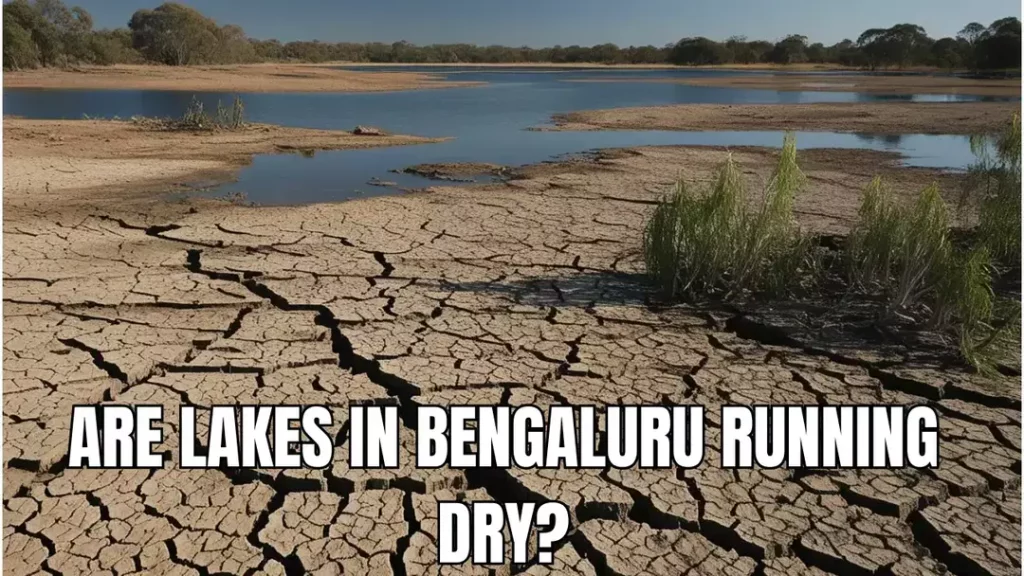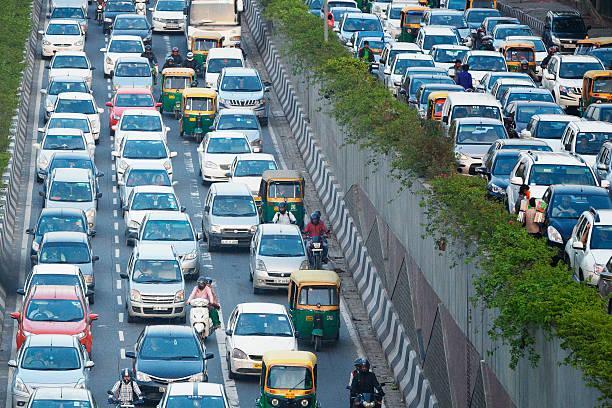
Bengaluru’s Lakes Run Dry Despite Rains, Triggering Citywide Alarm
As the monsoon season brings relief to many parts of the country, Bengaluru is facing a stark reality – its lakes are running dry, despite receiving decent rainfall in 2024. The city, which is often referred to as the “Silicon Valley of India,” is staring at a severe water crisis, with a mere 35% of its lake storage remaining. The situation is dire, with nearly 3 lakh borewells having gone dry, indicating a sharp depletion of groundwater reserves.
According to a recent report, out of 183 BBMP-managed lakes, a staggering 53 have completely dried up. This alarming trend has triggered a citywide alarm, with residents and authorities alike scrambling to find solutions to this water crisis.
Bengaluru’s water woes have been a long-standing issue, but the current situation is unprecedented. The city’s water consumption has been increasing rapidly, driven by its rapid urbanization and industrial growth. However, the city’s water infrastructure has not kept pace with this growth, leading to a severe shortage of water.
The city’s lakes, which were once a symbol of its natural beauty and a lifeline for its residents, are now a mere shadow of their former selves. Many of these lakes have been encroached upon, with illegal constructions and pollution taking a toll on their ecosystem. The lack of maintenance and conservation efforts has also contributed to their decline.
The situation is so dire that even the city’s water authorities are struggling to keep up. The Bangalore Water Supply and Sewerage Board (BWSSB) has been working overtime to supply water to the city’s residents, but it’s a losing battle. The board’s officials have been warning of a severe water crisis if something is not done to address the issue.
The impact of this water crisis is being felt across the city. Residents are forced to wait in long queues for hours to get a few buckets of water, while businesses are struggling to stay afloat. The city’s economy is also taking a hit, with the water crisis affecting industries such as manufacturing and construction.
But there is hope. The city’s residents, civil society organizations, and authorities are coming together to find solutions to this crisis. The government has announced plans to rejuvenate the city’s lakes, with a focus on conservation and restoration. The BBMP has also launched a drive to remove encroachments from the lakes and improve their maintenance.
In addition, the government has announced plans to increase the city’s water storage capacity. The BWSSB is working on a number of projects to improve the city’s water supply, including the construction of new water treatment plants and the upgrading of existing infrastructure.
Residents are also taking matters into their own hands. Many are opting for rainwater harvesting systems, which can store up to 10,000 liters of water per day. Others are using water-efficient appliances and practicing water conservation measures such as taking shorter showers and fixing leaks.
The situation in Bengaluru is a stark reminder of the importance of water conservation and management. As the city continues to grow and urbanize, it’s crucial that residents, authorities, and businesses work together to find solutions to this crisis.
In conclusion, Bengaluru’s lakes running dry despite rains is a serious issue that requires immediate attention. The city’s residents, authorities, and businesses must work together to find solutions to this crisis. By conserving water, promoting sustainable practices, and investing in infrastructure, we can mitigate the impact of this crisis and ensure a better future for the city.






